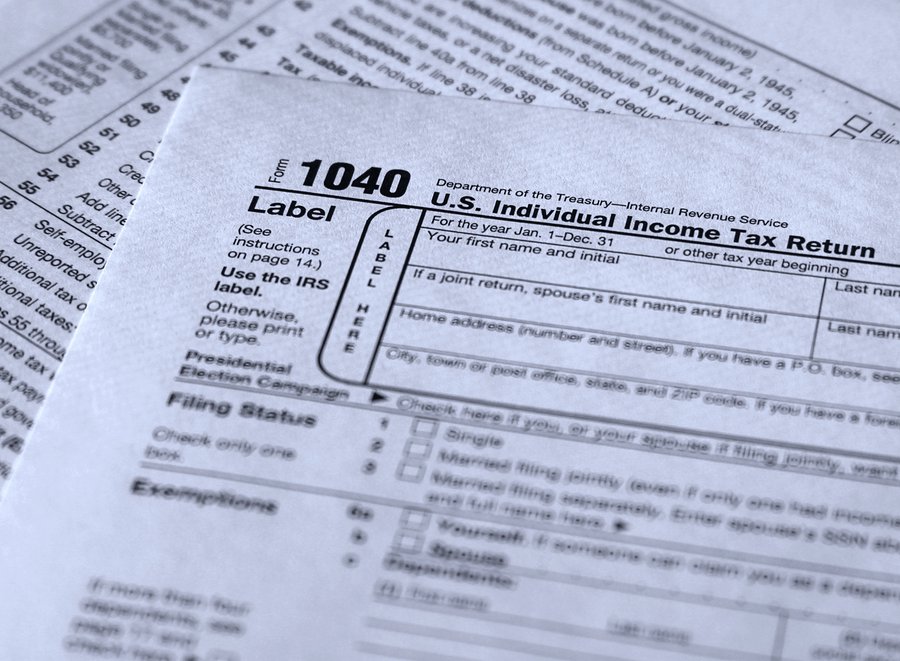Surprising Tax Facts You Didn’t Know About Dental Expenses

Summarize with AI
Now that Congress has passed sweeping tax reform, many are left wondering if they can still deduct dental expenses in 2018 and beyond. Here are some key facts to consider before you start doing your taxes.
Are Dental Bills Tax Deductible?
To help American taxpayers cope with hefty medical bills, the IRS has traditionally allowed them to deduct medical and dental expenses that amounted to 10 percent of their adjusted gross income (AGI) for a given tax year. The new Tax Cuts and Jobs Acts (TCJA) preserves this part of the tax code, while lowering the qualifying percentage to 7.5 percent.
Can I Claim Dental Expenses on My Taxes?
While it may sound like a great way to ensure a bigger tax return, not everyone can take advantage of dental and medical tax deductions. To qualify, you must meet a few requirements, including:
- Your dental and medical expenses must amount to at least 7.5 percent of your AGI for the tax year.
- Qualified costs are limited to expenses paid for cure, diagnosis, mitigation, prevention, or treatment of disease, including dental and vision costs.
- All costs must have been incurred by the taxpayer, a spouse or dependent.
- You can only deduct dental and medical expenses paid during the tax year.
You can also deduct expenses relating to travel for medical care, including ambulance fees, bus fare, mileage on your car and parking fees. You cannot, however, deduct any medical expenses for which you were reimbursed, such as by an employer or insurer. You are also not allowed to deduct any medical expenses paid for by Flexible Spending Arrangements or Health Savings Accounts, which are already typically tax-free.
It's also important to note that the 7.5 percent threshold will revert back to 10 percent for tax years after 2018.
Taking Advantage
If you incurred substantial medical or dental expenses in a given year, it may make sense to schedule dental treatments before the end of the calendar year - if it will allow you to surpass the 7.5-percent threshold. This way, you will be able to deduct all of your medical and dental expenses for the entire tax year, amounting to hundreds or even thousands of dollars in tax savings.
If you have any questions about deductions or your tax liability, consult a licensed tax expert.

.png)
